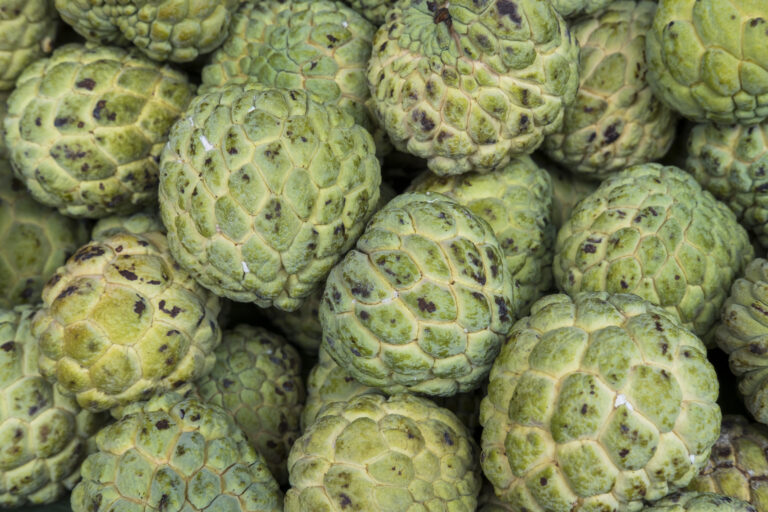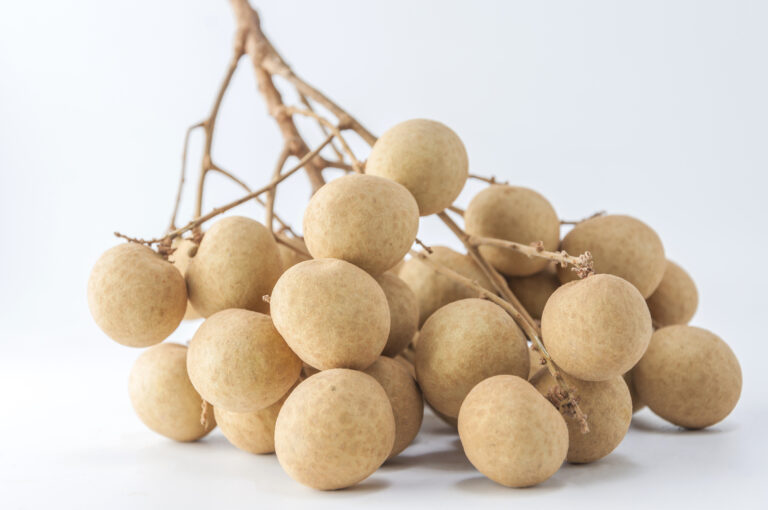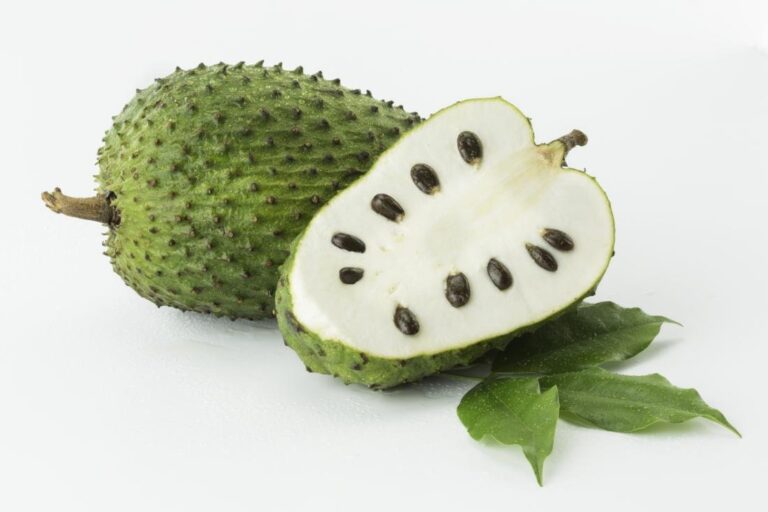What is a Fatty Liver Diet Plan?
A fatty liver diet plan is designed to manage and reduce the accumulation of fat in the liver, a condition known as non-alcoholic fatty liver disease (NAFLD). NAFLD is a common liver disorder characterized by the presence of excess fat in the liver cells, not caused by alcohol consumption. It can range from simple fatty liver (steatosis) to more severe conditions like non-alcoholic steatohepatitis (NASH), which involves inflammation and liver damage.
The diet plan typically involves limiting saturated and trans fats, opting for healthy fats from sources like avocados and olive oil, controlling caloric intake to maintain a healthy weight, and emphasizing whole foods such as fruits, vegetables, whole grains, and lean proteins.
Potential Benefits Of Fatty Liver Diet Plan
A fatty liver diet plan is designed to help manage and improve the condition of fatty liver disease, which occurs when there is an excessive accumulation of fat in liver cells. This condition can be caused by various factors, including obesity, insulin resistance, excessive alcohol consumption, and certain medical conditions. Adopting a specific diet can offer several potential benefits for individuals with fatty liver disease:
- Weight Management:
- A fatty liver diet plan often focuses on weight management, as obesity is a significant risk factor for developing fatty liver disease. Losing excess weight can help reduce the accumulation of fat in the liver.
- Balanced Nutrition:
- A well-designed diet plan ensures balanced nutrition, providing essential vitamins, minerals, and antioxidants necessary for overall liver health. A variety of fruits and vegetables, whole grains, and lean proteins may be included.
- Reduced Saturated and Trans Fats:
- Limiting the intake of saturated and trans fats is crucial in managing fatty liver disease. These fats have the potential to cause inflammation and liver damage. The diet plan may emphasize healthier fats, such as those found in avocados, nuts, and olive oil.
- Controlled Carbohydrate Intake:
- Monitoring carbohydrate intake, especially refined carbohydrates and sugars, can help manage insulin resistance, a common factor in non-alcoholic fatty liver disease (NAFLD). Emphasizing complex carbohydrates and fiber-rich foods can be beneficial.
- Increased Omega-3 Fatty Acids:
- Including foods rich in omega-3 fatty acids, such as fatty fish (e.g., salmon, mackerel), flaxseeds, and walnuts, may have anti-inflammatory effects and support liver health.
It’s essential to note that individual dietary needs may vary, and consultation with a healthcare professional or a registered dietitian is recommended to tailor a fatty liver diet plan to specific health conditions and goals.
The 21 Day Fatty Liver Diet Plan
Week 1: Detoxify and Hydrate

- Kickstart your plan with plenty of water and detoxifying foods.
- Include antioxidant-rich fruits and vegetables.
- Opt for lean proteins like chicken and fish.
Week 2: Nutrient-Rich Choices

- Emphasize whole grains and fiber-rich foods.
- Incorporate omega-3 fatty acids for anti-inflammatory benefits.
- Control portions to manage calorie intake.
Week 3: Sustain and Maintain

- Continue with a well-balanced diet.
- Regular physical activity is crucial for overall liver health.
- Monitor your progress and adjust as needed.
What To Avoid
When following a fatty liver diet, it’s essential to avoid certain foods and habits that can contribute to liver damage and exacerbate the condition. Here’s a list of things to avoid for a fatty liver diet:
- Highly Processed Foods
- Saturated and Trans Fats
- Excessive Alcohol Consumption
- High-Fructose Corn Syrup
- Added Sugars
- White Rice and White Potatoes
- Red and Processed Meats
- Salt
- Artificial Sweeteners
Remember, individual dietary needs may vary, and it’s crucial to consult with a healthcare professional or a registered dietitian for personalized advice based on your specific health conditions and goals.
Ways To Treat Fatty Lives Diseases
- Lifestyle Modifications:
- Implementing healthy lifestyle changes is a primary approach to treating fatty liver disease. This includes adopting a balanced diet with a focus on whole foods, maintaining a healthy weight through regular exercise, and avoiding excessive alcohol consumption.
- Medication Management:
- In some cases, healthcare providers may prescribe medications to manage specific aspects of fatty liver disease. For example, medications may be recommended to control blood sugar levels, lower cholesterol, or address other underlying conditions contributing to liver fat accumulation.
- Regular Monitoring and Follow-up:
- Continuous monitoring of liver function and overall health is essential. Regular check-ups with healthcare providers allow for adjustments to treatment plans as needed. Monitoring includes routine blood tests, imaging studies, and assessments of lifestyle factors to ensure ongoing management and improvement of fatty liver disease.
In just 21 days, you can kickstart your journey to a healthier liver with our Fatty Liver Diet Plan. Remember, consistency is key. Before beginning any new diet, consult with your healthcare provider. Here’s to a healthier you!
I hope you got the answer to your query(21 Day Fatty Liver Diet Plan). Also, check out the 7-Day Carnivore Meal Diet Plan














